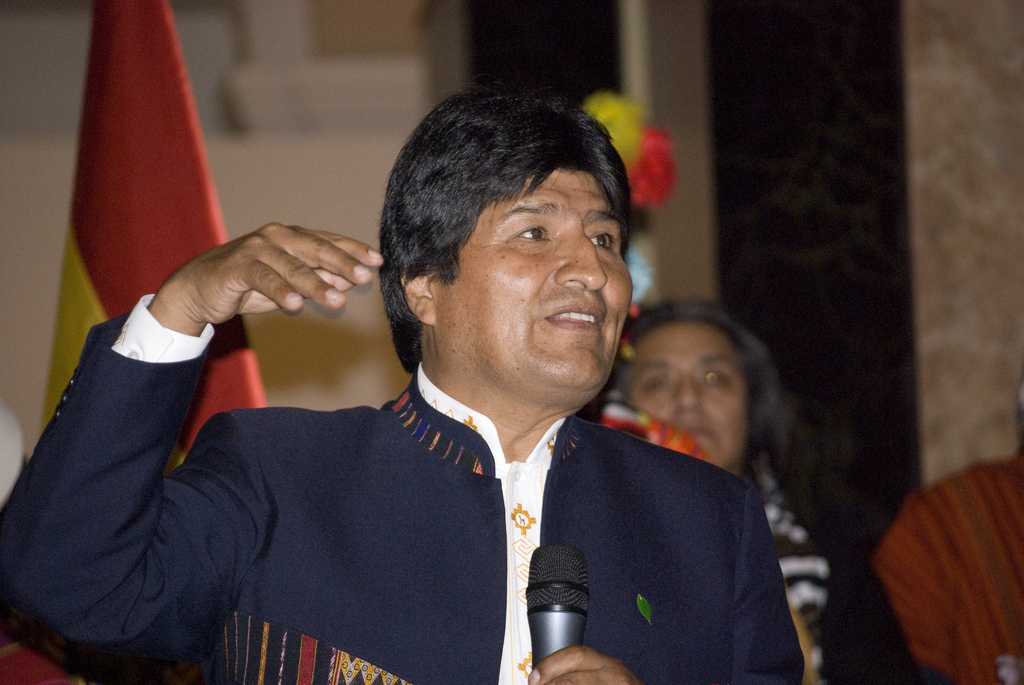-
Tips for becoming a good boxer - November 6, 2020
-
7 expert tips for making your hens night a memorable one - November 6, 2020
-
5 reasons to host your Christmas party on a cruise boat - November 6, 2020
-
What to do when you’re charged with a crime - November 6, 2020
-
Should you get one or multiple dogs? Here’s all you need to know - November 3, 2020
-
A Guide: How to Build Your Very Own Magic Mirror - February 14, 2019
-
Our Top Inspirational Baseball Stars - November 24, 2018
-
Five Tech Tools That Will Help You Turn Your Blog into a Business - November 24, 2018
-
How to Indulge on Vacation without Expanding Your Waist - November 9, 2018
-
5 Strategies for Businesses to Appeal to Today’s Increasingly Mobile-Crazed Customers - November 9, 2018
Bolivia: amendment on term limits advances
While participating in a meeting of the United Nations General Assembly in New York recently, Morales revealed that he had been invited to extend his term in office, according to the BBC. The bill, which was passed earlier this week by lawmakers in the constitutional committee, required more than two-thirds of the vote to pass in the plenary.
Advertisement
Henry Cabrera with the Movement Towards Socialism (MAS), the president’s party, contrasted Morales’s “Process of Change” program with the right-wing governments of the past that “wreaked havoc on the country’s economy”.
The proposal also includes a “transitory provision” saying that the first term, under the constitution enacted in 2009, corresponds to the 2010-2015 period, the first reelection to the 2015-2020 term, and the second five-year term between 2020-2025.
The amendment stipulates that Morales’s re-election in 2014 counts as the first of two consecutive presidential re-elections allowed under the rule change.
The changes must be ratified by a national referendum set for February 21, 2016. If the public vote in favor of the constitutional amendment then he would be willing to run for re-election again in 2019.
Advertisement
Morales, who came to power in 2006 and whose approval rating is above 60 percent, argues he would happily give up office but says his supporters are pushing for him to stay. While much of the region slips into recession, Bolivia’s economic growth has remained sturdy. The president praised the government’s decision to submit the constitutional change to a referendum as a democratic one. “If the people say no in the referendum on this law, I’ll still be happy”.





























